Promoting cooperation in social security between Vietnam and NGOs
(VNF) - A conference discussing ways to promote cooperation in social security between Vietnam and foreign non-governmental organisations (NGOs) was jointly held by the Ministry of Labour, Invalids and Social Affairs (MoLISA) and the Vietnam Union of Friendship Organisations (VUFO) in Hanoi on December 19.
Deputy Minister of Labour, Invalids and Social Affairs Le Tan Dung and VUFO Vice President in-charge and General Secretary, Don Tuan Phong, who is also COMINGO Deputy Head co-chaired the conference.
| |
At the conference. (Photo: VNF)
Foreign NGOs active in social welfare
Opening the event, Deputy Minister Le Tan Dung said over the years, the Government has exerted every effort to build a legal system and policies on social welfare and gained remarkable achievements in job generation, vocational training and sustainable poverty reduction.
The accomplishments were significantly contributed by NGOs through cooperation activities and projects to support people and the provision of technical assistance in building and carrying out related policies, the official said.
Foreign NGOs have actively helped the country reach significant results in the work, especially in job creation, vocational training, and sustainable poverty reduction, through cooperation projects, direct support provided for Vietnamese people, and technical assistance in building and implementing policies.
Dung highlighted the significance of foreign NGOs’ contributions, saying that they have not only benefited disadvantaged Vietnamese people, but also helped enhance the friendship between Vietnam and other countries.
With their approach of policy development and implementation, foreign NGOs have built innovative and flexible models, helping to ensure social security for people in many Vietnamese localities, especially vulnerable groups, he stressed.
 |
Vietnam continues to need support from foreign NGOs in the role of partners. (Photo: VNA)
VUFO Vice President Don Tuan Phong said foreign NGOs’ projects in Vietnam covers a wide range of fields, including health care, education, economic development, environment protection, disaster management, gender equality… which has helped solve some urgent problems of people living in disadvantaged areas and improve the capacity of cadres and people in project beneficiary areas.
At the moment, Vietnam is having the relationship with over 1,000 foreign NGOs, of which 500 to 600 are working actively across the country.
For the labour, invalids and social affairs sector, foreign NGOs have mainly supported children, people with disabilities, the elderly, Agent Orange (AO)/dioxin victims, and others affected by the war, he added.
Phong said that although Vietnam has become a low middle-income country, Vietnam has still faced many difficulties and challenges including perse disadvantaged groups such as the poor, AO/dioxin victims, the disabled, and people from ethnic minority groups and remote areas, along with the development gaps among regions, climate change and cross-border changes.
The challenges show that the country continues to need the cooperation, support and assistance of the international community, especially of foreign NGOs in overcoming the challenges in poverty reduction, socio-economic development.
Strengthening cooperation between Vietnam and foreign NGOs
The conference, with the participation of provincial Department of Labour, Invalids and Social Affairs, shows their province's prominent attention to foreign NGOs aid mobilisation and the acknowledgement for the significant contributions, support and assistance from foreign NGOs to the socio-economic development of localities.
A representative of CARE in Vietnam pointed out that the majority of female migrants from the rural to the urban, especially women, work in the informal sector with no social insurance or labour contract. They face various barriers, including limited access to financial services, narrow social network, unsafe working and living conditions, etc. Therefore, it needs efforts at the national level to assist women to access information more effectively and ensure social security for women migrant workers.
Foreign NGOs’ representatives also shared relevant information and pointed out barriers to overcome in the process of cooperation between foreign NGOs and Vietnam’s agencies, thus rolling out a more effective cooperation mechanism in the future.
Delivering his closing speech, Phong expressed his hope that foreign NGOs will continue to cooperate with the country’s labour, invalids and social affairs sector at all levels.
He also underlined the need to increase its information sharing activities, help link localities in need with potential sponsors and organisations, and seek new development paths in its cooperation with non-governmental partners and mobilisation of their aid; and build suitable cooperation mechanisms between the country and foreign NGOs in order to avoid overlapping and achieve more sustainable results in this work.
The VUFO pledges to work with the MoLISA and localities to facilitate the operations of international NGOs in this field, he affirmed.
The Government is considering amended Decree 12/2012/ND-CP on the registration and management of foreign NGOs’ operations in Vietnam as well as Decree 93/2009/ND-CP on regulations of managing and using aids from foreign NGOs. The amendments would slash administrative procedures and give priority to foreign NGOs’ assistance activities, Phong shared.
| According to PhD.Nguyen Ngoc Toan, Deputy Director General of Department of Social Assistance under MoLISA, in general, 25 per cent of Vietnam’s population estimated to require social relief, about 3 million require social benefits, 1.8 million households are in need of food support. |
Minh Chau
Recommended
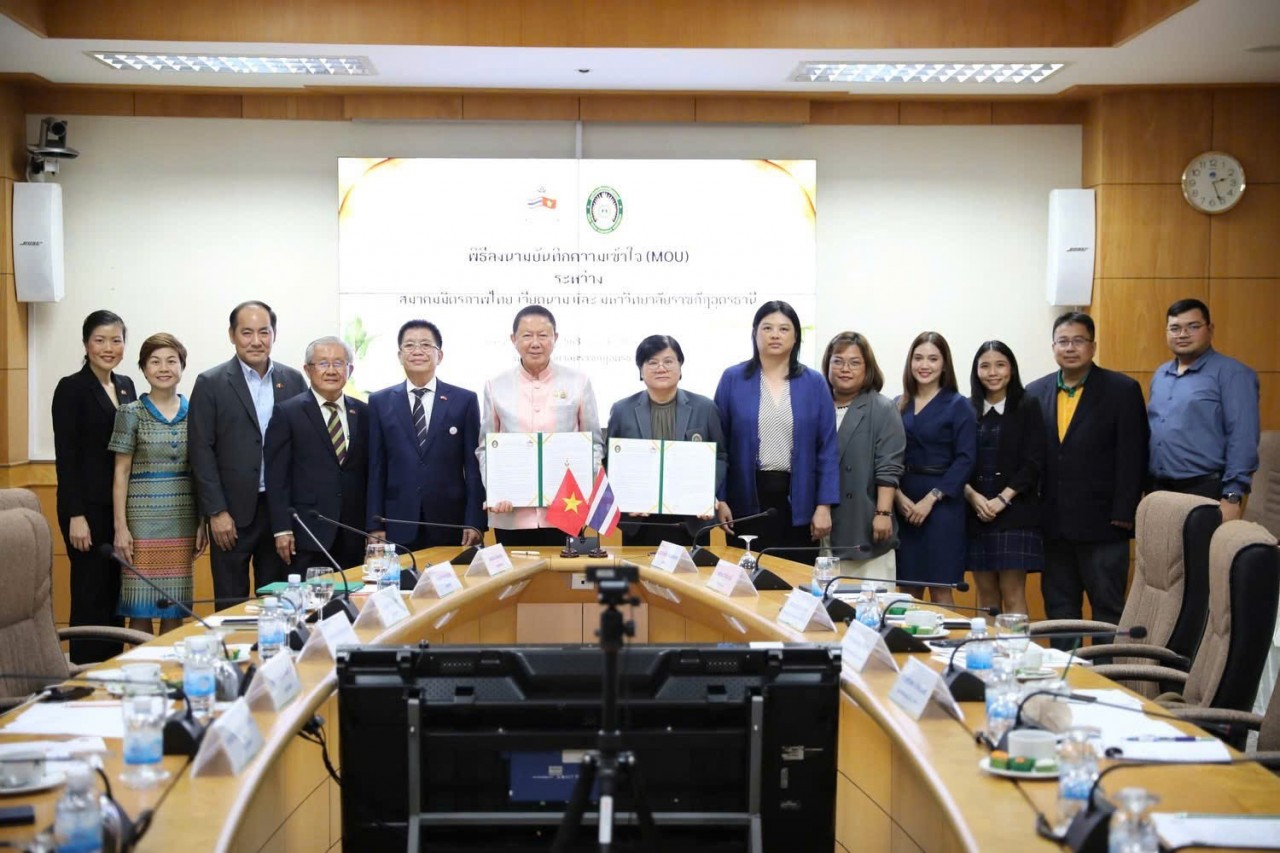 Friendship
Friendship
Center for Vietnamese Studies, Thailand-Vietnam Friendship Association Collaborate on Language Training
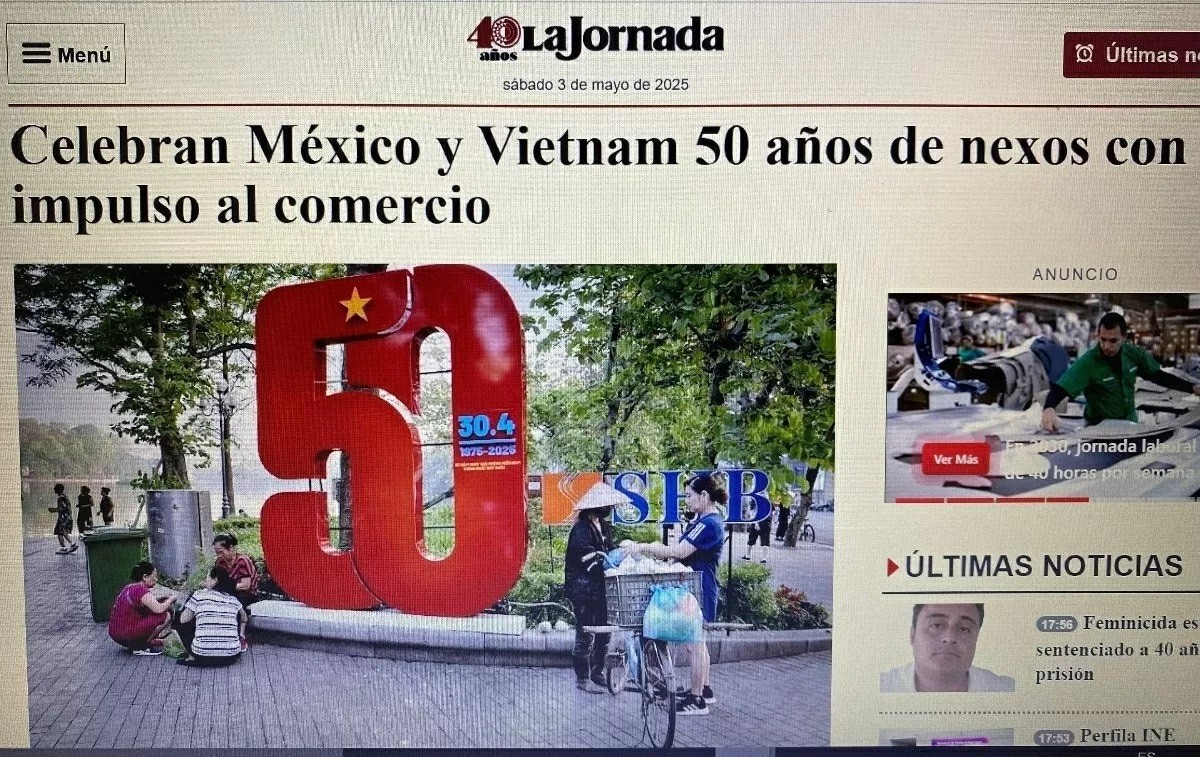 Friendship
Friendship
50 Years of Mexico-Vietnam Diplomatic Relations: Continuous Flourish in All Fields
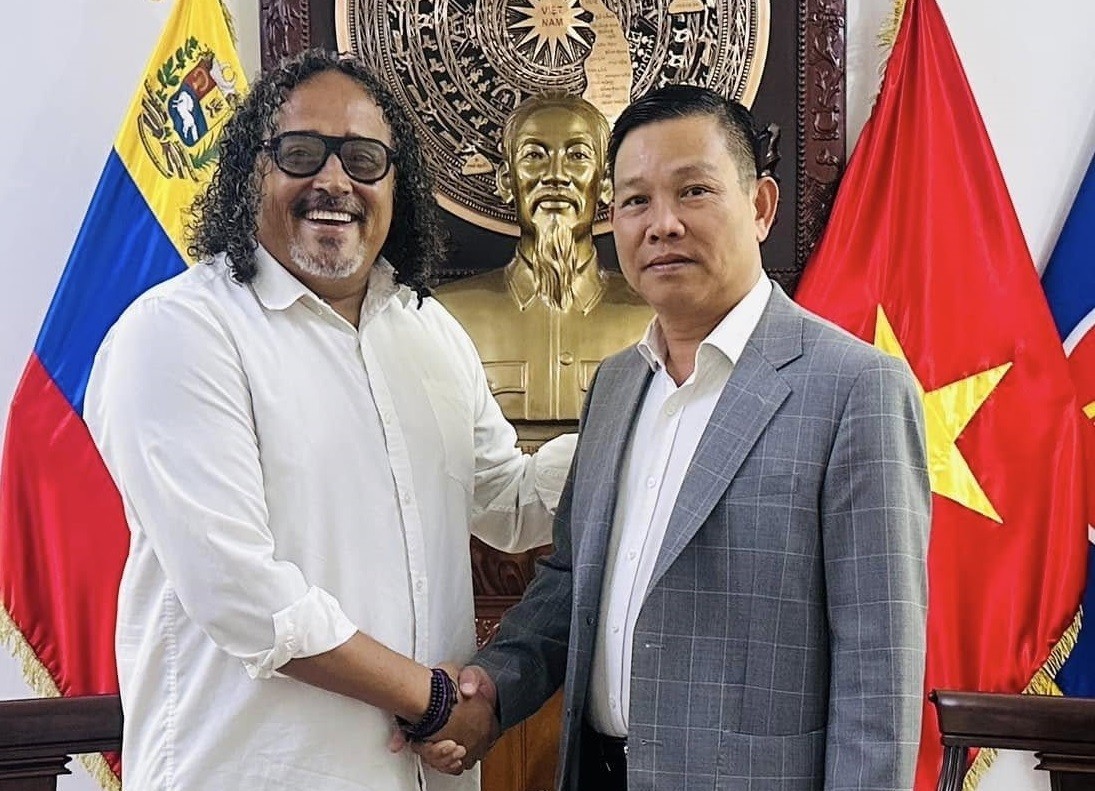 Friendship
Friendship
Venezuelan Artists Commemorate President Ho Chi Minh through Revolution Music
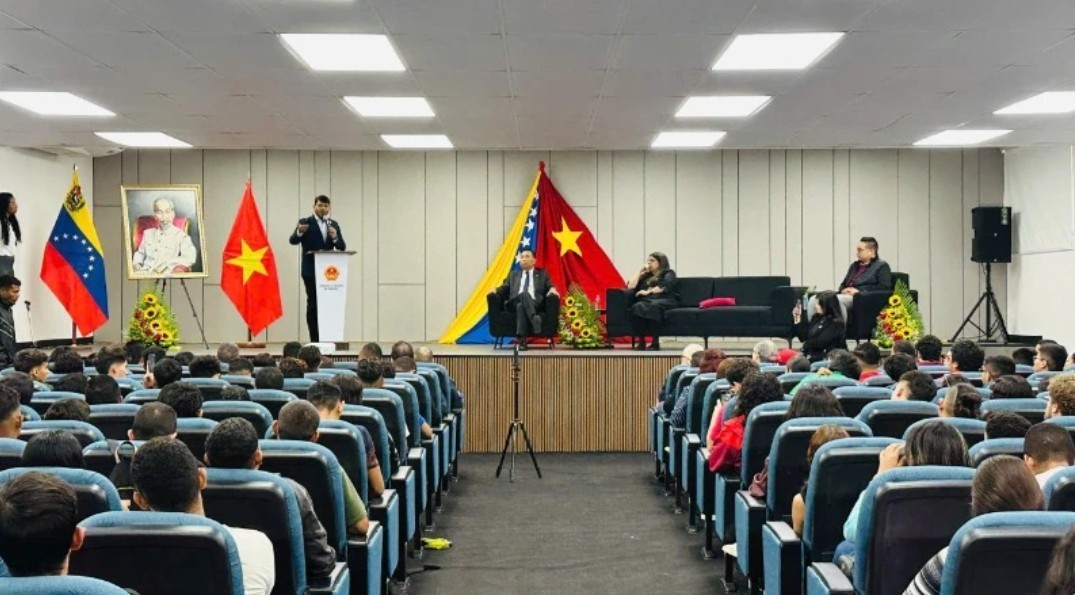 Friendship
Friendship
Vietnam's April 30 Victory Celebrated in Venezuela
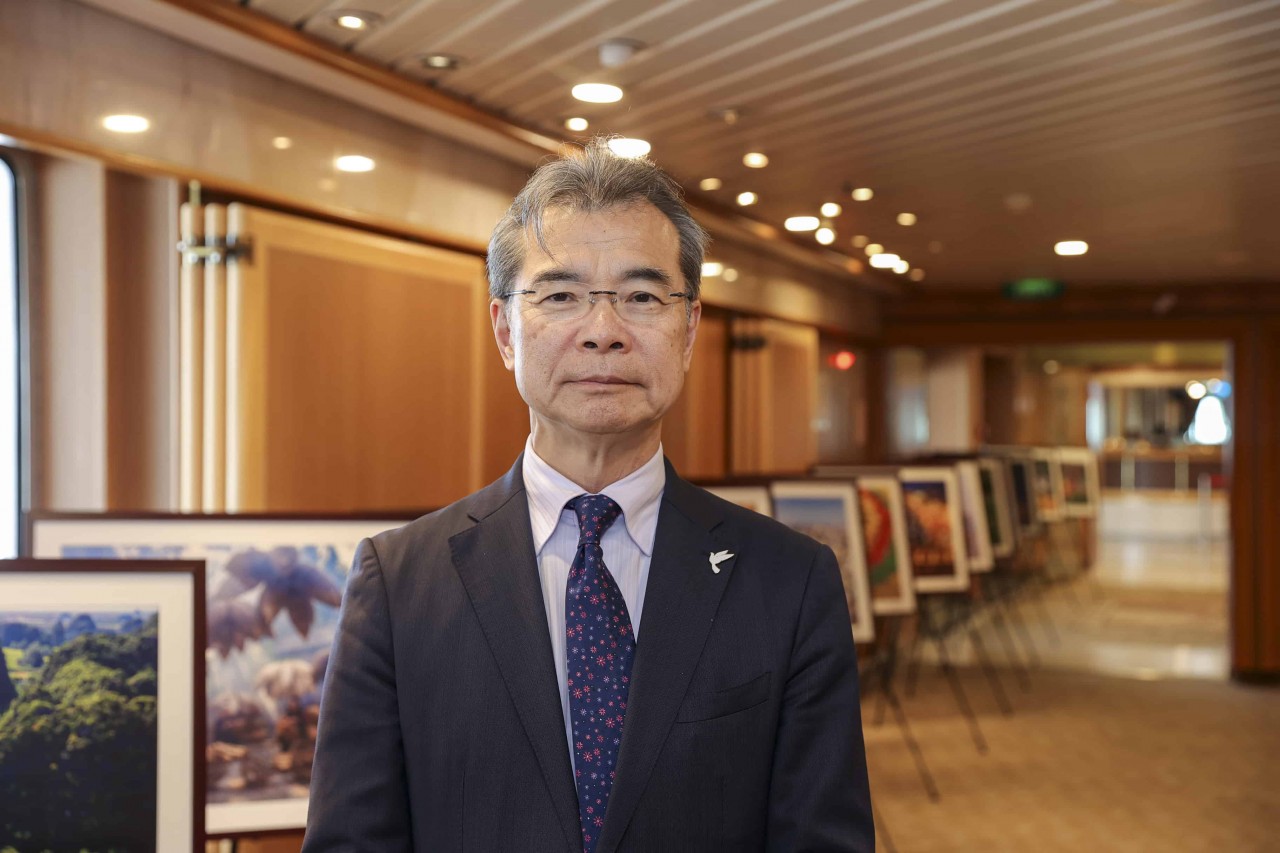 Friendship
Friendship
Vietnam’s History: Precious Legacy of Peace
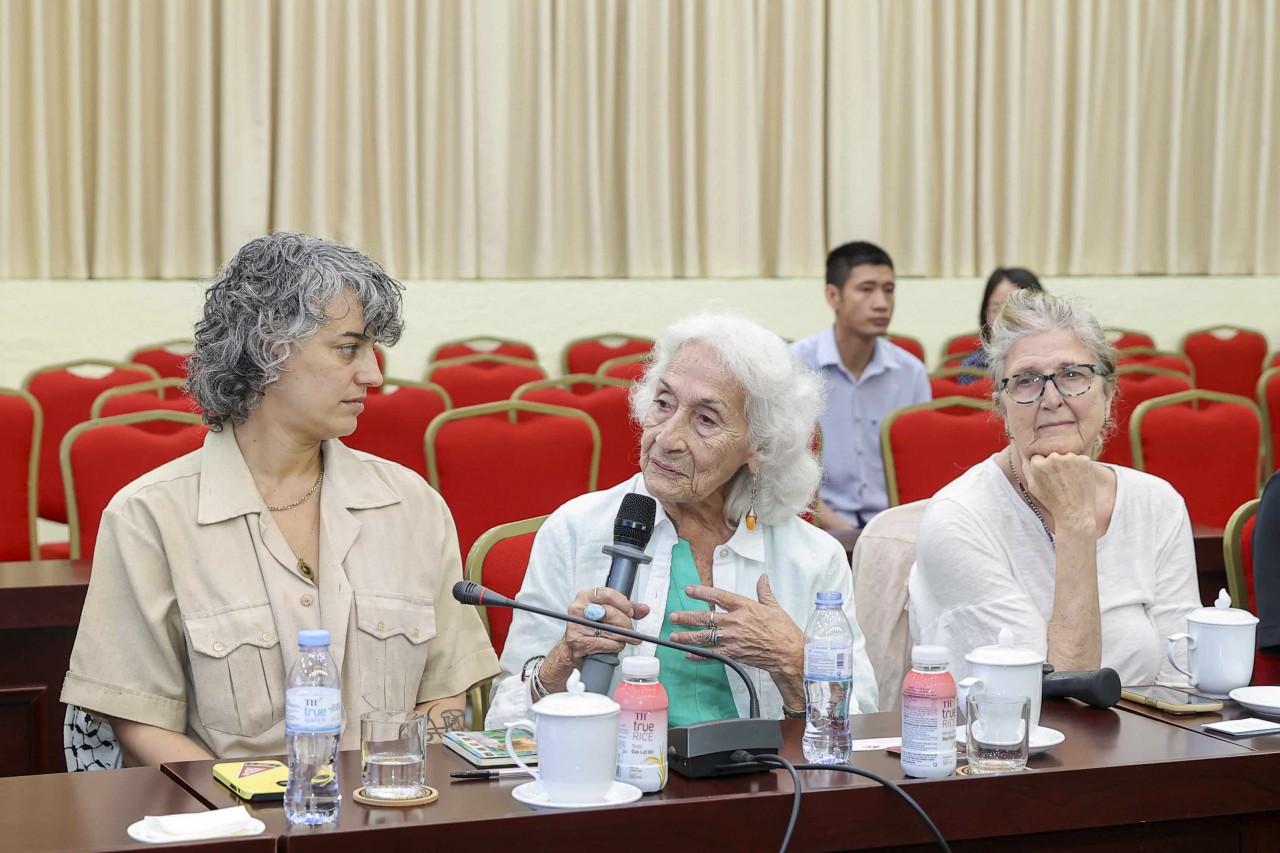 Friendship
Friendship
Vietnam as Land of Hope, Resilience, and Progress
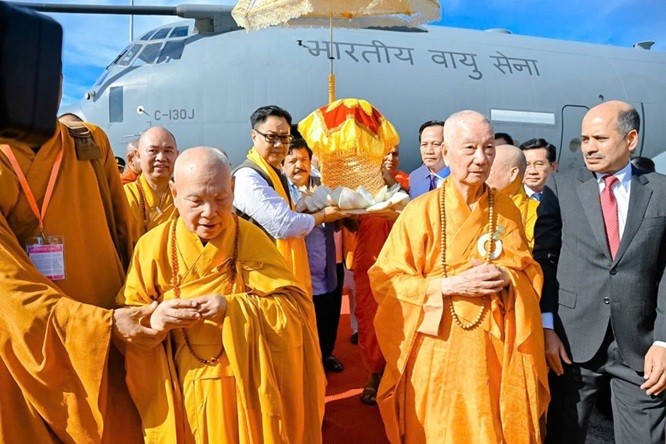 Friendship
Friendship
Spiritual Values Strengthen Vietnam - India Ties
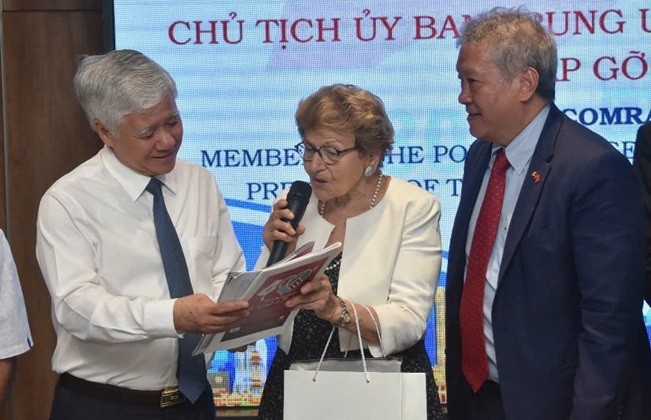 Friendship
Friendship
